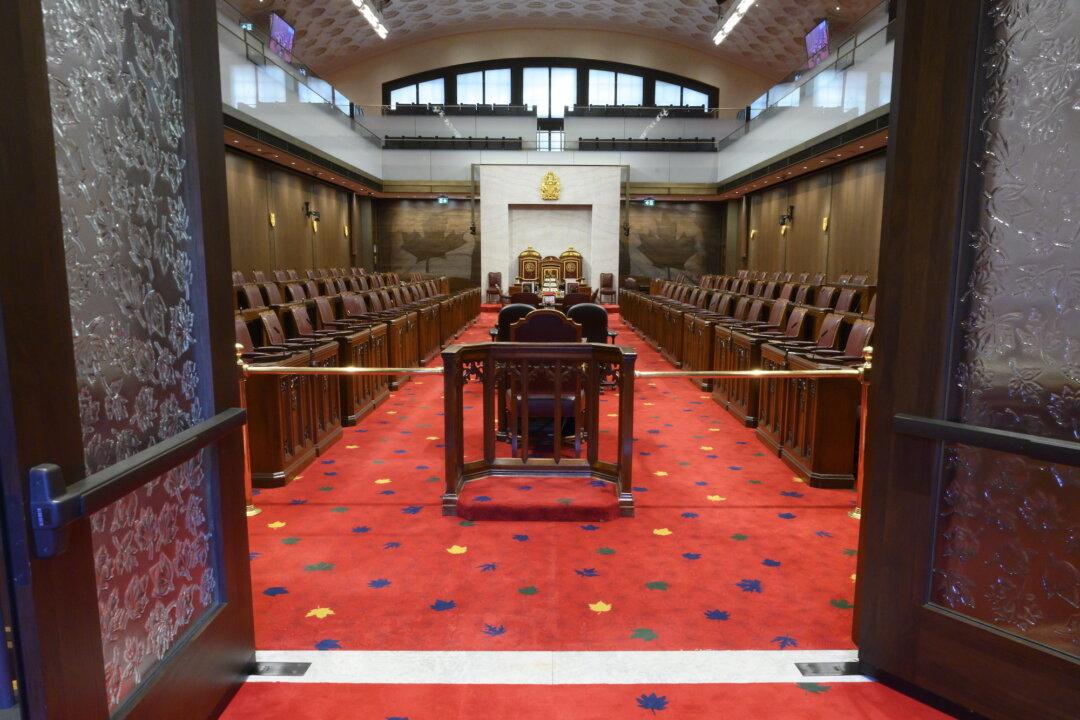A Senate committee yesterday rejected by a vote of 10-4 a proposed amendment to narrow the scope of the Liberal government’s internet regulations bill, which has passed the House of Commons and is currently awaiting Senate approval.
If passed, Bill C-11, “An Act To Amend The Broadcasting Act,” will grant the Canadian Radio-television and Telecommunications Commission (CRTC) authority to regulate online content available in Canada on streaming platforms like YouTube and Netflix. The bill’s stated objective is to promote Canadian content for viewers within the country.





